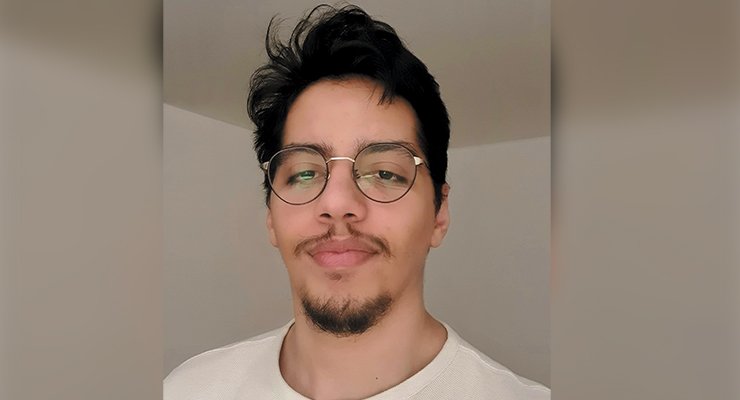Specialty – Pharmaceutical and Cosmetic Processes (PPC)
The Pharmaceutical and Cosmetic Processes (PPC) specialty programme focuses on the industrialization of pharmaceutical, cosmetic and nutraceutical processes. Developed in collaboration with the Institut du Médicament de Tours, this programme includes a year's work-study with a pharmaceutical or cosmetics company.
Courses
The aim of this programme is to train generalist engineers capable of translating the specifications of a formulated product into process specifications, and sizing the equipment needed for large-scale production of the product while respecting the environment. Engineers trained in this way will be able to rapidly apply their knowledge and know-how in the pharmaceutical, cosmetics and nutraceutical sectors. They will be able to:
- Master the use of complex media (powders, suspensions, emulsions, foams, gels, etc.) to design and optimize multi-phase processes (compression, granulation, coating, crystallization, atomization, drying, freeze-drying, emulsification, etc.);
- Implement an industrial transposition methodology (from laboratory to pilot, then industrial scale);
- Acquire in-depth knowledge of the pharmaceutical and cosmetics industries (regulations, safety, product quality, statistical tools, validation processes, etc.)
In the PPC program, students will take the following courses:
- Pharmaceutical and cosmetics process design;
- Equipment sizing for pharmaceutical and cosmetic processes;
- Industrialisation of pharmaceutical and cosmetic processes;
- Regulatory framework for the pharmaceutical and cosmetics industries;
- Hydrodynamics of dispersed systems;
- Colloidal systems engineering.
Pedagogical team
The course is taught by a teaching team that includes lecturer-cum-research scientists, industrialists and external experts, to guarantee high-quality training tailored to the needs of companies and the challenges facing society.
Facilities and infrastructures
Students have access to experimental and digital platforms. Pilot plants enable students implement and practise the fundamental concepts of process engineering (separation processes, heat exchangers, reactors, fluid mechanics, etc.). Students also have access to a range of digital tools for process simulation and optimization.
Internships and career opportunities
Numerous national and international industrial partnerships have been developed with companies involved in process engineering: Alstom, Avril, Bonduelle, Engie, EDF, Framatome, Nestlé, Orano, Sanofi, Suez, Technip, Tereos, Total, Veolia, etc.
Graduates are employed as project managers, production site managers, R&D engineers, product and process quality and safety managers, environmental engineers, etc.
International outreach
During their training, engineering students are required to demonstrate their ability to evolve in an international context. To achieve this, they have the opportunity to spend one or more semesters studying and/or doing an internship abroad (around 40 destinations worldwide: Argentina, Brazil, Canada, Chile, China, Colombia, Finland, Italy, Japan, Portugal, South Korea, Spain, Sweden, Taiwan, United Kingdom, United States, etc.).



